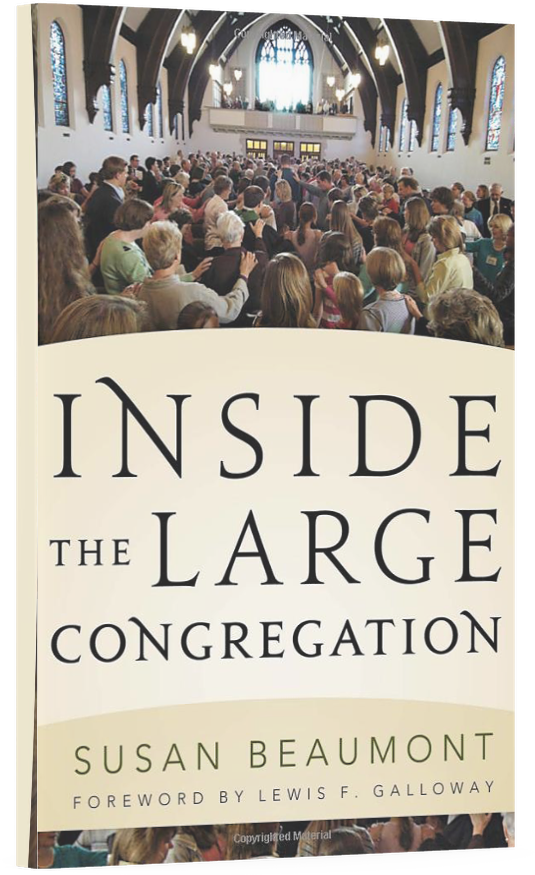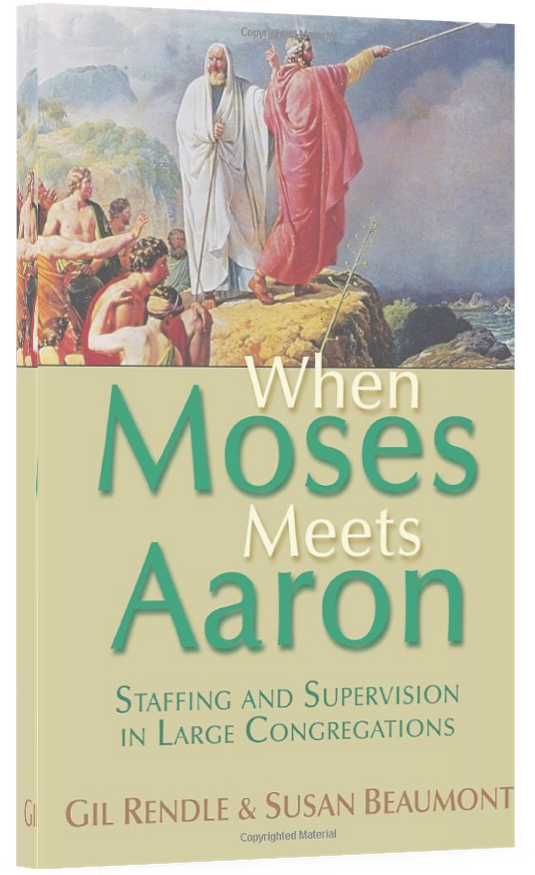The problem with meetings in congregation is that they focus on building and sharing knowledge. What if we focused on cultivating collective wisdom instead?
 Think about the agenda in your typical church meeting. Staff meetings, board meetings, and committee meetings all incorporate the same elements. I tell you what I know, you tell me what you know, we consult with outside sources that know, and then based on our shared knowledge we wrestle our way toward decision making. If we can’t all agree, then majority rules. And most of this happens in the form of sharing and receiving reports, making motions, and approving actions. Boring, not very creative, and certainly not soulful!
Think about the agenda in your typical church meeting. Staff meetings, board meetings, and committee meetings all incorporate the same elements. I tell you what I know, you tell me what you know, we consult with outside sources that know, and then based on our shared knowledge we wrestle our way toward decision making. If we can’t all agree, then majority rules. And most of this happens in the form of sharing and receiving reports, making motions, and approving actions. Boring, not very creative, and certainly not soulful!
Knowledge is tactical and practical. It is acquired through processing information and it informs us. Knowledge is something that we have. It empowers us to act when we work well with information. Our financial reports, budgets, and committee or department reports are filled with gathered knowledge that we create to keep ourselves informed.
Wisdom requires more than shared knowing. It includes our ability to discern the inner qualities and relationships of a situation, the capacity to distinguish between the rightness and wrongness of things, to distinguish between what fits here and what does not.
Collective wisdom is not just about assembling our smartest or most spiritual people in the room, and asking them to make a decision on our behalf. Collective wisdom is about the capacity of a group to make wise choices and to orient themselves around a living sense of their shared future, informed by collective values. Collective wisdom emerges when we balance the content of our knowledge, with personal contemplative awareness, right relationship with one another, the needs of our community, and openness to the divine.
When collective wisdom emerges, people describe a seamlessness, a slowing down of time and space, a unitive awareness of boundaries expanding, and permeable connections growing stronger. The ability to communicate with others becomes sharper and broader. Astonishing creativity springs forth, along with the sudden and surprising appearance of new capacity and intelligence.
What are the conditions and practices that cultivate collective wisdom, particularly in the meetings we lead?
Stand Humbly Before God: We cannot create wisdom. Wisdom is available to us. We may cultivate conditions that open us to the presence of wisdom, but wisdom itself is a gift from God. So, collective wisdom requires that we begin with humility, and that we ask for guidance.
In a group or meeting context, this requires an orientation of unknowing, of recognizing that we each have personal biases and assumptions that are not helpful to the decision at hand. We are all naturally invested in clinging to what we know; we don’t naturally engage in unknowing behavior. Therefore, we need to offer opportunities and rituals in meetings for people to acknowledge and release their personal biases, for making group confession, for naming and surrendering preferences.
Gain Clarity and Commitment to Core Values: The values of the community are those core principles and beliefs we hold that describe who we are when we are living as our best selves. For example, our values might include: Our commitment to excellence as an attribute of God that honors God, our strongly held belief that every person matters to God and therefore to us, our embrace of worship as a way of life, our strong commitment to engaging those who live on the margins of life, etc.
Every community has a unique set of values. We cultivate collective wisdom to the extent that we gain clarity about our core values and call upon them regularly, as criteria to satisfy, within our decision making processes.
Cultivate Group Silence and Solitude: Silence and solitude lie at the heart of wisdom awareness. They are the center from which we connect to the soul of the congregation.
When we work in knowledge mode, we produce a lot of conversation: the report, the debate, the presentation, the brainstorm, etc. When we open ourselves to wisdom, we take time for silence.
For example, we may frame a topic for discussion, and then stop for quiet reflection and prayer. We might review all of the knowledge content available to us on a subject being considered, then put the reports away and use silence to reorient ourselves around soulfulness.
It feels counterintuitive to speak about solitude as something that we invite into a group context. But wisdom work requires healthy intrapersonal awareness. Intrapersonal awareness requires solitude.
Team members should receive information in advance of the meeting, so that they have time to think and pray about issues on their own. Institute the practice of waiting and resting between the time when an issue is introduced and the time when a final decision is made. Create an agreement among team members that they will not debate or decide an issue with sub-groups, outside of official meetings. Use the time between meetings to reflect and pray individually, in solitude.
Use Robert’s Rules of Order Sparingly: Robert’s Rules are parliamentary procedure to determine who has speaking and deciding authority in deliberative settings. They are meant to contain conversations that are likely to become contentious. They move debate towards decision making, using the principles of majority rules.
However, Robert’s Rules are not effective at cultivating wisdom or honoring the soul of the congregation. The Rules don’t solicit input from those hesitant to speak. They don’t consciously address the needs of people not in the room. They don’t promote, silence, solitude and waiting as needed. They don’t easily accommodate flexibility or changes in decision making direction. In short, Robert’s Rules of Order are helpful in meetings that require order and constraint. They are not helpful for promoting collective wisdom.
Work with Consensus Based Decision Making: In consensus based decision making, we stay in dialogue until every person involved in the decision can say: “I believe this is the best decision we can arrive at for the organization at this time, and I will support its implementation.” Simply agreeing with a decision is not true consensus. Consensus implies commitment to the decision, which means that all participants oblige themselves to do their part in putting the decision into action.
Consensus is not the same thing as a unanimous decision (in which all group members’ personal preferences are satisfied). Consensus is also not a majority vote (in which some larger segment of the group gets to make the decision). Consensus is not a coercive or manipulative tactic to get members to conform to some preordained decision. The goal of consensus is not to appear participative, it is actually to be participative.
Congregations require meeting structures for getting things done. Without structure and process, there is just chaos. We can create processes that invest in building and sharing knowledge, but then we will always be limited by our own best thinking. Or we can create processes and structures that cultivate collective wisdom. Then the possibilities for transformation are truly limitless.




Thank You, I appreciate your views and would hope that the people of God and siblings of Jesus could slow down enough to listen. We are in such a rush and I share with my pastor this morning that we are wretched fans of the message of Jesus. Yet we root for our favorite teams and know all their details?
Thank You, I appreciate your views and would hope that the people of God and siblings of Jesus could slow down enough to listen. We are in such a rush and I share with my pastor this morning that we are wretched fans of the message of Jesus. Yet we root for our favorite teams and know all their details?